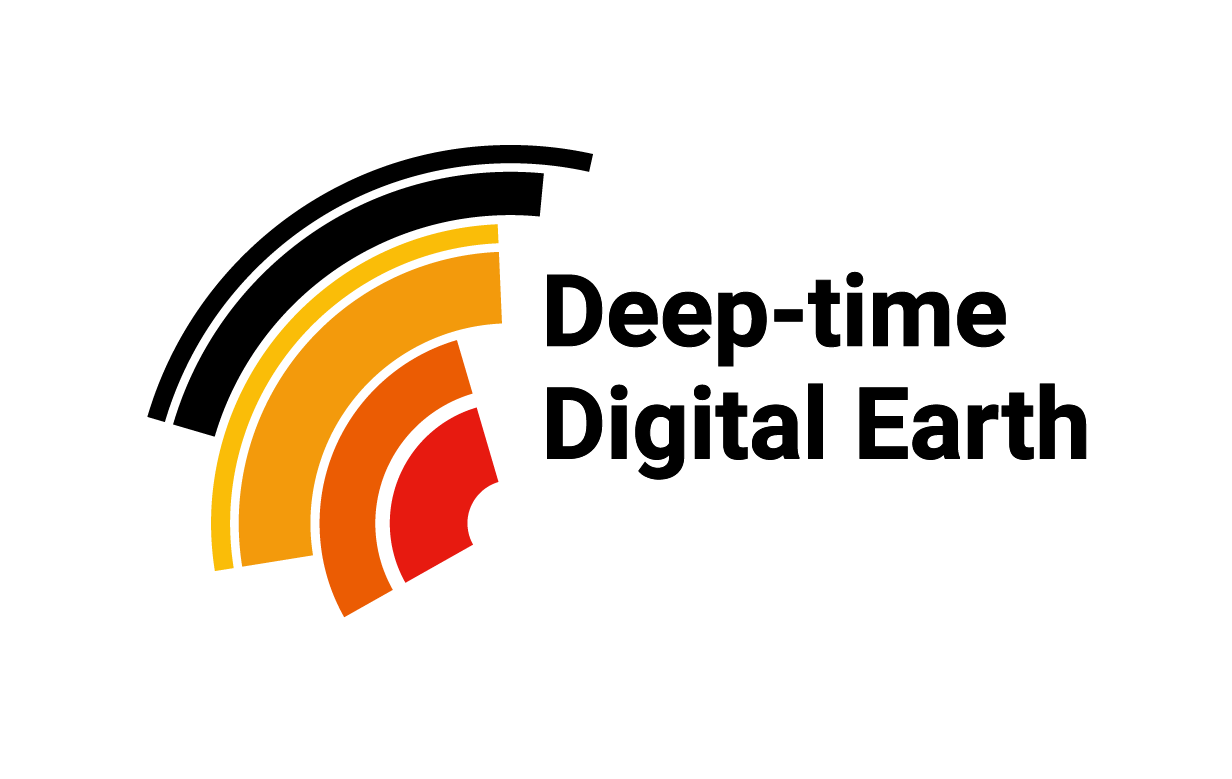DDE 2025-2028: the road to Calgary
DDE “kicked off” at an inaugural gathering of more than 70 international geoscience experts from 40 countries at the Fragrance Hill Hotel in Beijing, China in February 2019.
High expectations for a global launch of DDE at IGC36 in March 2020 in New Delhi, India, were dashed due to COVID 19 restrictions on international travel.
The UNESCO, IUGS, IYBSSD and DDE co-organized “DDE Open Science Forum” convened at UNESCO Headquarters in Paris, France on 9 November 2022 saw the global launch of the DDE Platform (www.deep-time.org). DDE committed itself to contribute to the implementation of the UNESCO recommendation on Open Science (Certified Copy of the Recommendation on Open Science - UNESCO Digital Library). The DDE Platform is now included in the UNESCO Compendium on Open Science Infrastructures (Empowering geoscientists with Deep-time Digital Earth - Open and Inclusive Science Hub)
DDE figured prominently in IGC 37, convened from 25 to 31 August 2024 in Busan, Korea (DDE AT IGC 37 – BUSAN, KOREA, 25-31 AUGUST 2024 - News - DDE World and DDE Community Reception at 37th IGC - DDE World).
DDE now begins its journey to IGC38, to be convened from 12 to 20 August in Calgary, Canada, under the theme “Geoscience for Humanity” (IGC 2028 Calgary).
In 2024, and during the first 4 months of 2025, DDE has seen progress and development but also reflection and learning to prepare for the journey towards Calgary. Some important events and their outcomes during this period are:
· An internal assessment of DDE implementation during 2019-2023 was undertaken by the Secretariat followed by an external review carried out by an IUGS-led team.
· Both the internal assessment and IUGS review were in agreement with strengths, weaknesses, opportunities and threats (SWOT) described below
· In 2024, DDE, in partnership with the Zhejiang Lab, China, initiated an exploratory project to develop GeoGPT, a bespoke, geosciences chatbot. The project attracted a lot of attention, including from a small number of individuals and groups who raised ethical concerns on author copyrights and potential challenges to non-profit geoscience publishers. Nevertheless, it has progressed significantly addressing all these and other concerns and is about to be released to the public during EGU 2025 on 30 April in Vienna, Austria.
· Following a recommendation of the IUGS review, an MoU between DDE and the Zhejiang Lab has been established to distinguish the respective roles and responsibilities of the two parties.
· Other recommendations of the IUGS Review and lessons learnt internally by DDE Secretariat and Governing Bodies are being integrated into the process to prepare a DDE Strategic Plan for 2025-2028, expected to be adopted at the 9th session of the DDE Governing Council, tentatively scheduled for the last week of June 2025.
· The preparation of the DDE Strategic Plan will integrate implementation of several recommendations of the IUGS review, suggestions from DDE partners like UNESCO, for example, clarifying the legal status of DDE as an international big-science program, improving transparency of the work of Governing Bodies, namely the Governing Council and the Executive Committee, improving transparency in budgeting and financial planning and introducing amendments to the DDE Statutes in order harmonize DDE mission and vision with Program execution and practice.
Prof. Harvey Thorleifson, presenting the DDE 2024 Report on DDE to the open session of the IUGS Executive Committee on 18 March 2025 in Paris, France.
· During the planning process over the next few months and the implementation of the DDE Strategic Plan 2025-2028, targeted actions will be implemented to link DDE projects and initiatives and their deliverables to the IGC 38 Calgary theme – “Geosciences for Humanity”.
· The endorsement by UNESCO, in February 2025, of the DDE big science program as part of the International Decade on Sciences for Sustainable Development (IDSSD) is an important step in this regard. IDSSD, from 2024 to 2033, extends beyond DDE Strategic Plan for 2025-2028 and beyond IGC38 in Calgary 2028 as well as the UN 2030 Agenda to deliver on UN sustainable development goals (SDGs). It could provide opportunities for defining goals and objectives for DDE’s continuation as the world’s leading data-driven research program during 2029-2033.
DDE representatives in UNESCO, Paris, before meeting with UNESCO Officials on 19 March 2025.
